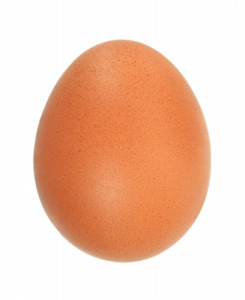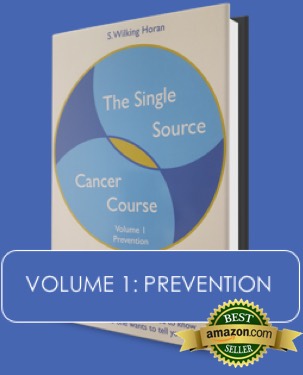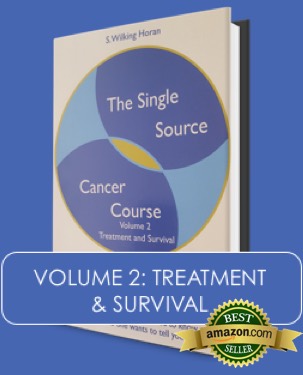 Hello everyone! Now, this is interesting! Here on the West Coast at the University of California, Irvine, a hard-working team of international researchers has just found a way to reverse the cooking process! Specifically, they have managed to un-boil a hard-boiled egg! So, let’s first explain just how they did this — and then explain why it’s important.
Hello everyone! Now, this is interesting! Here on the West Coast at the University of California, Irvine, a hard-working team of international researchers has just found a way to reverse the cooking process! Specifically, they have managed to un-boil a hard-boiled egg! So, let’s first explain just how they did this — and then explain why it’s important.
Now, we’re all familiar with the raw egg — hen’s egg in this case — and the fact that it is a loose, sloppy glob of mostly clear matter that runs between your fingers and all over the kitchen counter (at least with me) every time you crack one open. And, we also know that once an egg has been hard boiled it becomes a hardened, cohesive white oval food product that is high in protein and tastes pretty darn good in just about anything. This change occurs because when an egg is boiled, its structure changes from loosely bound proteins to tightly knit amino acids.
To reverse this process, the team at Irvine first covered an already hard-boiled egg with urea — yes, that urea — one of the main elements of urine. Now, urea acts very much like the digestive juices in our intestinal tract. It has the ability to break down solids into liquids — in this case our boiled egg. Once the urea has done its job and the egg has been returned to its liquid state, the researchers take the egg and put it into a vortex fluid device — which is an instrument that detangles the egg’s proteins. And, this leaves us with an unboiled, liquid egg minus the shell!
So, that’s what the team did — and this is why it’s important. You see, in cancer research, certain proteins are cultivated and used to fight the disease. These specific cancer-fighting proteins require an organic host to grow and develop. Typically, the host of choice has been the ovary of a hamster. But, hamsters have very small ovaries, which means the amount of cancer-fighting protein that is grown also is very small. AND, it’s an expensive process that takes a long time.
But with this new development of detangling proteins, researchers can bypass the use of animal ovaries and reuse wasted proteins from other sources. It’s a true example of recycling, reinventing and reusing materials in the field of biotechnology and medical research!
ALSO, because the process of developing cancer-fighting proteins will be easier, faster and cheaper — the treatments for cancer also should become significantly less expensive. Now, that’s a great development!
So, hurrah for the team at UC Irvine! Thank you everyone and until next time,
TAKE THE COURSE AND TAKE CHARGE!
Image courtesy of foto76 at Freedigitalphotos.net



Leave a Comment